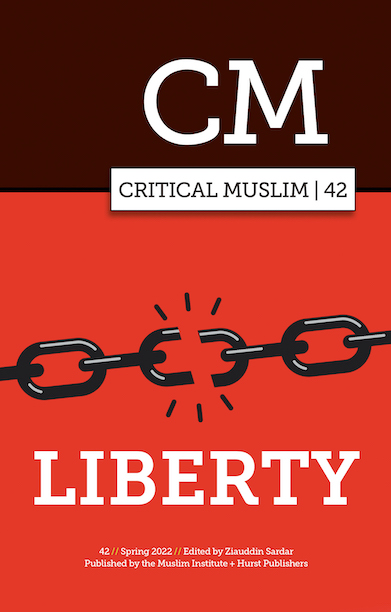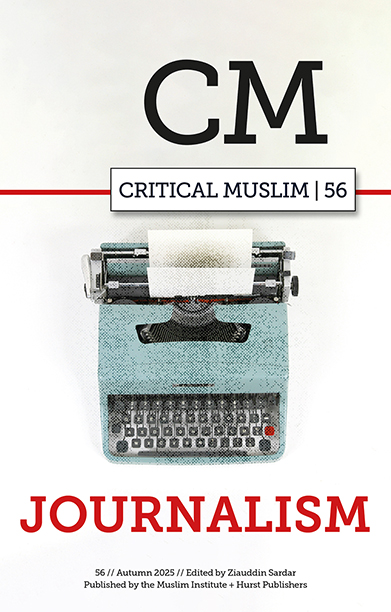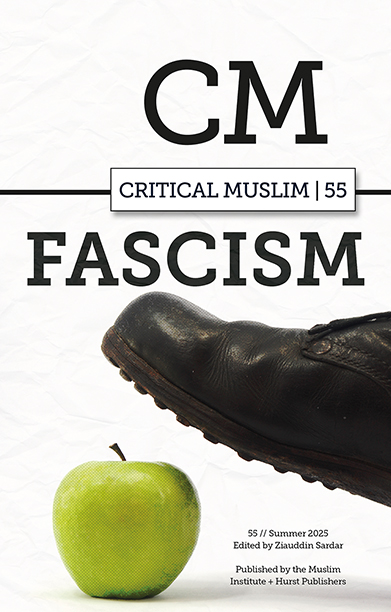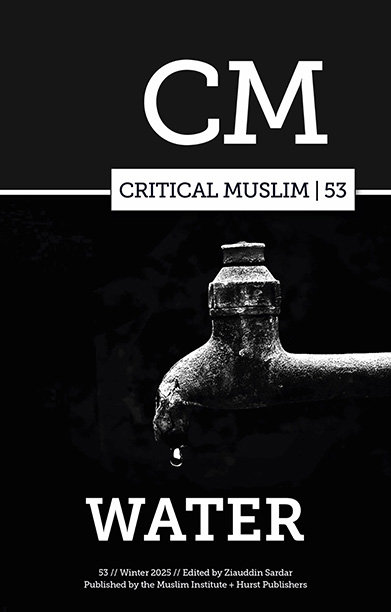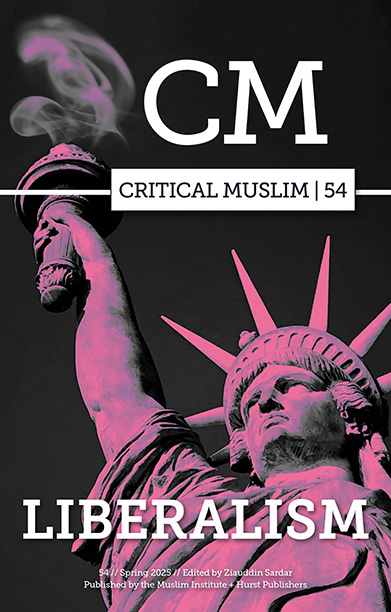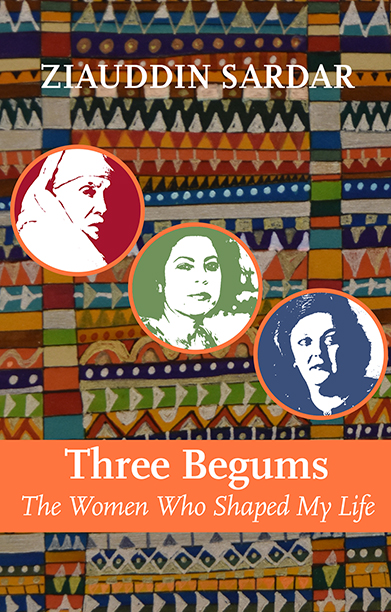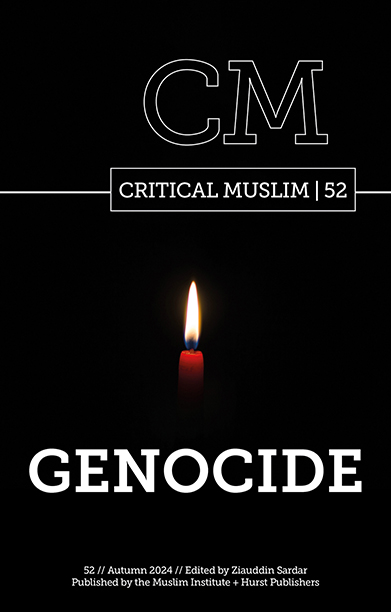Description
We are often led to believe that liberty is synonymous with freedom—but is that really so? And what does it entail? In this issue of Critical Muslim, we explore who defines the liberty we are told we enjoy, and how our worldviews impact the ways we assert our liberty. How can we achieve a balance between individual liberty and social responsibility? How do we establish the public good, and which groups among us are asked to curtail their liberty for collective benefit? Just what is the connection between freedom of speech, rights of minorities, and state security? Has the notion of liberty been rendered meaningless? If liberty involves freedom for all to do as they wish, what dangers does it raise for the society as a whole? Should faith communities expect to confine their liberty to the law of the land in which they reside, even if this is contrary to their religious values? Our writers explore these and other questions to understand how we construct our understanding around the idealised notion of liberty.
About Critical Muslim: A quarterly publication of ideas and issues showcasing groundbreaking thinking on Islam and what it means to be a Muslim in a rapidly changing, interconnected world. Each edition centres on a discrete theme, and contributions include reportage, academic analysis, cultural commentary, photography, poetry, and book reviews.
Editor(s)
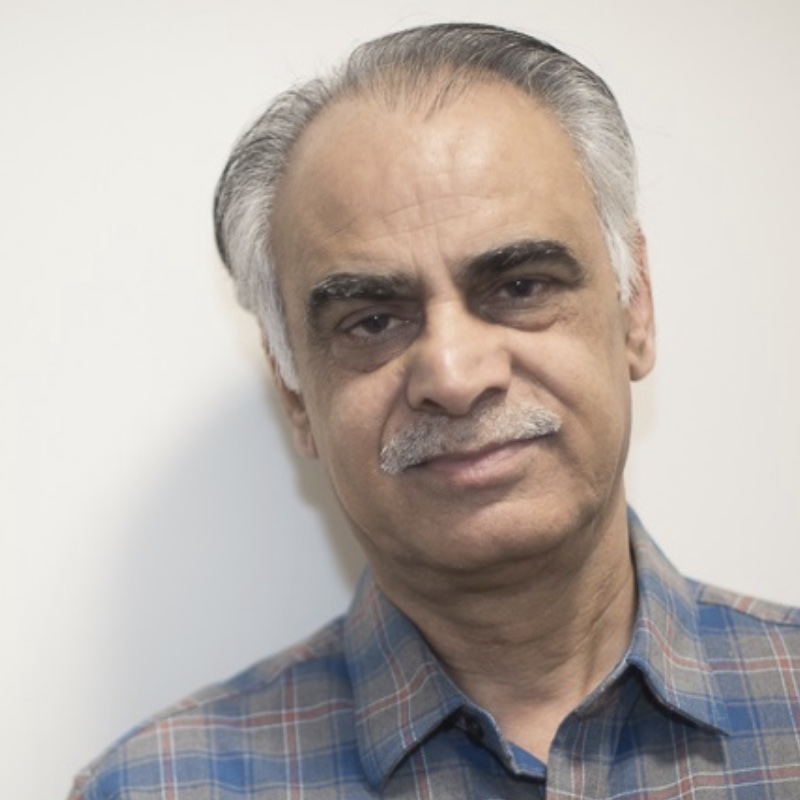
Ziauddin Sardar is an award-winning, internationally renowned writer, futurist and cultural critic. His many books include Three Begums; Reading the Qur’an and A Person of Pakistani Origins (all published by Hurst); Mecca: The Sacred City; and Desperately Seeking Paradise: Journeys of a Sceptical Muslim. A former New Statesman columnist and UK equality and human rights commissioner, he is Editor of the influential quarterly Critical Muslim.
